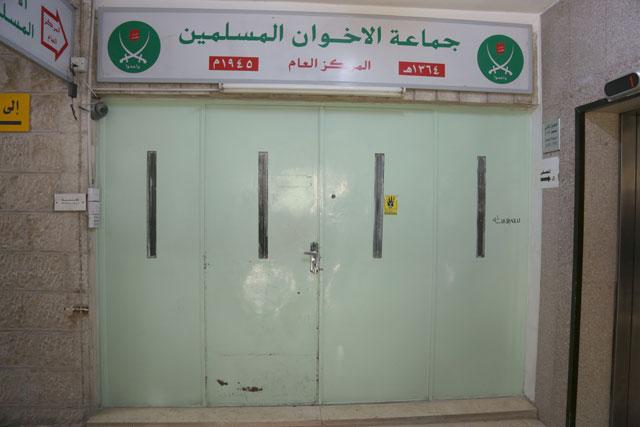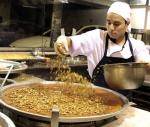You are here
Muslim Brotherhood will fragment further — expert
By Khetam Malkawi - Jul 28,2016 - Last updated at Jul 28,2016
AMMAN — The Muslim Brotherhood (MB) is “finished” regionally, while in Jordan it will become more fragmented, an expert in the movement’s affairs said on Thursday.
In the aftermath of Arab uprisings, some countries, like Egypt and the UAE, banned the MB, while other countries designated it a terrorist organisation, but in Jordan, authorities resorted to the “policy of fragmentation”, said Hassan Abu Hanieh.
According to Abu Hanieh, after the September 11 attacks, the Brotherhood was viewed globally as a moderate movement and was used as a protective shield against radicalism.
This approach changed drastically after the MB won elections in Egypt, he said.
For the researcher, the change in the movement’s relations with the state in Jordan was obvious after the so-called “Arab Spring” when it was perceived as a “threat” to the state.
Abu Hanieh was speaking at the launch of his new book, “The Muslim Brotherhood in Jordan: the political-religious crisis within the national context”.
The book, published in cooperation with the German foundation, Konrad-Adenauer-Stiftung, presents the history of the MB since its establishment in Jordan in 1945, as an affiliate to the mother group in Egypt.
Abu Hanieh tracks the MB’s’ transformation from a religious group to a movement involved in political Islam, as well as its alignment with the government in certain periods against the leftists, up to the recent fragmentation in its structure.
Abu Hanieh said the group was facing a conflict between members who reject change and reformists who seek to adopt new visions in line with the demands of the modern era.
“If the situation remains the same, it will lose both state and public support,” Abu Hanieh noted, claimingthat the state is treating the MB as a security concern.
The MB has been considered “illegal” in Jordan since 2015, when defectors, led by the former overall leader Abdul Majid Thneibat, registered a new society, which they claim is the legitimate replacement of the older group.
The MB was licensed in 1946, as a charity affiliated with its parent group in Egypt, and was relicensed in 1953 as an Islamic society.
Although the group modified its by-laws in February, ending its affiliation to Egypt, it is still considered “illegal” by authorities because it failed to re-register in a new capacity as an NGO.
Many other members defected from the MB and its political arm the Islamic Action Front (IAF), forming splinter groups including the Zamzam initiative and the group of Elders.
Abu Hanieh predicts that the IAF will witness further divisions in the near future.
Related Articles
AMMAN — As it marks its 70th anniversary, the Muslim Brotherhood in Jordan is facing unprecedented local, regional and organisational challe
AMMAN — Following the closure of the “illegal” Muslim Brotherhood’s offices in Amman and Jerash on Wednesday, authorities on Thursday closed
AMMAN — The Authorities on Wednesday raided the headquarters of the old Muslim Brotherhood (MB) in Abdali, downtown Amman, and ordered staff












